Natural resource management concentrates on the necessity of sustainable management of the earth's natural resources that are depleting, like clean minerals, energy, water, and biological resources with respect to the increase of human populations. To tackle these urgent problems professionals must be able to collaborate in multidisciplinary teams and use ecological, scientific knowledge, economic and social to create complete solutions.
Programs for a study that focuses on natural resource management give scientifically-based, fundamental courses in fields like resource geology, biology geography, geology, or social sciences. The courses and specializations are focused on issues related to environmental sustainability, including conservation biology, land-use planning, energy use and climate change, and renewable resource management. wildlife and forest management, or policies on natural resources.
The classes include lectures by top experts Computer labs, tutorials, and pertinent fieldwork. The graduates are educated to maintain an open dialogue with various stakeholders who are involved in natural resource projects. By gaining a deeper understanding of the questions, resource managers can be involved in finding environmentally sustainable solutions as well as educating the public as well as understanding the interrelationships between the biological and social systems.
Graduates may be employed as consultants or staff members in various businesses or government departments. They could explore jobs in sustainable planning, environmental project management conservation of wildlife and management of natural resources, natural park management the biology of wildlife sales of fertilizers, and many others.
Eligibility:
Candidates who want to take admission in Ph.D. must have a post-graduate degree in resource management with at least 55% marks from a recognized university and must have passed the national level entrance examination or university level entrance examination. National level entrance exams like UGC NET / UGC CSIR NET / GATE / SLET or University entrance exams consist of written tests and personal interviews.
Benefits of Management Subjects Management Subject
Natural resource management is focused on the necessity of sustainable management of the earth's declining natural resources like clean minerals, energy, water, and biological resources with respect to the increase of human populations. To address these urgent questions, experts need to be able to join interdisciplinary teams and utilize the latest scientific, ecological economic, social and economic knowledge to create complete solutions.
The study programs that focus on natural resource management provide the most rigorous science-based curriculum in areas like biology or geography, resource geology, and social science. Specializations and courses focus on topics related to the environment, such as conservation biology, land-use planning, energy use as well as climate change as well as renewable resource management. wildlife and forest management, or policies on natural resources.
Courses include lectures from top experts Computer labs, tutorials, and pertinent fieldwork. The graduates are educated to keep an open dialogue with the various parties engaged in natural resource initiatives. Through a deep understanding of complex questions, resource managers can be engaged in finding sustainable solutions to environmental issues and educating the public as well as understanding the interrelationships between biological and human systems.
Graduates may be employed as consultants or staff members in various organizations as well as government organizations. They could take on career paths in sustainable planning, environmental project management, wildlife conservation and nature conservation management biological wildlife fertilizer sales, and many others.
Career possibilities
There are many careers options for those who are interested in managing natural resources. They can be conservation scientists or foresters as well as environmental scientists and specialists or specialists in conservation and forest work.
Foresters and conservation scientists are responsible for managing and monitoring the quality of land of parks, forests as well as other resources of nature. They can work for private or public properties, in addition to non-profits and social advocacy organizations.
Specialists and environmental scientists make use of their knowledge and expertise as well as training in the field of natural science to improve the health of people and safeguard our environment. They achieve their objectives through removing pollutants and working with policymakers or looking for ways to reduce the amount of waste.
Forest and conservation specialists are educated to provide technical support for the protection of water, soils forests, and any other resources of nature. They might collect data for projects related to forestry or instruct forest workers. One of the main responsibilities of forestry and conservative technicians is helping conservation scientists improve and manage the wildlife habitat and rangelands.
All in all, people who work in the field of natural science management should be able to enjoy being outdoors and in the natural world. They must be able for general physical activity and operate vehicles or other mechanized equipment that is used in forest operations.
Future Scope
A "natural" natural resource refers to one obtainable by nature, without intervention. Thus the fertile land or the minerals contained within them, and not the crops that grow on it can be considered examples of nations' natural resources. While what constitutes a "resource" (or, for the sake of argument "natural") is a subject that has changed throughout time and has changed between different societies in the end, they are natural resources that can yield benefits in the form of material or non-material. According to some definitions, only natural resources that are able to regenerate themselves and whose use is based on their capacity to regenerate properly need to be managed. Oil, for instance, isn't usually considered to be an issue of natural resource management, but forests are. The management of nonrenewable resources is subject to regulation and not management. The management of renewable natural resources aims to balance the need for exploitation and the need for the capacity to regenerate.
Certain areas of specialization in natural resource management include conservation and forest management. These specialists typically work for governments and non-profit organizations and are focused on the law of environmental protection as well as public policy and land use. Their work is to keep an equilibrium between the interests of humans and the health of the environment.
Conservation scientists safeguard and manage natural resources by ensuring conservation and land-use practices are in compliance with the environmental standards of both states and federal agencies. Their objective is to maximize the utilization of the natural resources that range including water and soil, and not harm the environment. According to the U.S. Bureau of Labor Statistics states conservation scientists are likely to see opportunities for employment in the field rise by five percent between 2019 and 2029 Which is more than the standard for all other occupations.
Course Duration:
The Ph.D. resource management courses are a minimum of 3 years and a maximum of 5 duration. This depends on the university offering the course.
Course Fees:
The average fee for a Ph.D. resource management degree is between INR 50000 and INR 500000.
 5 Years
5 Years
 PhD
PhD
 Research
Research









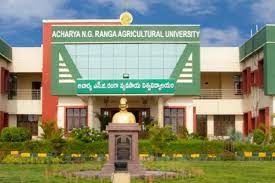






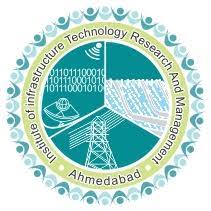

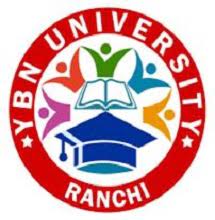




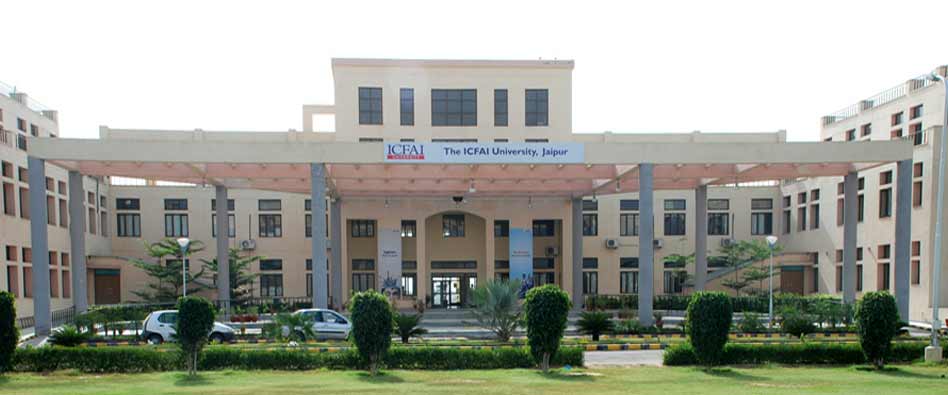



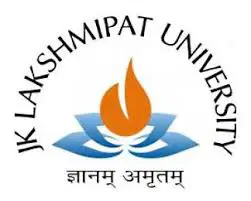
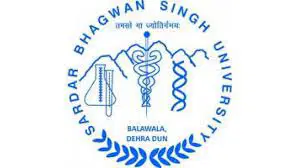

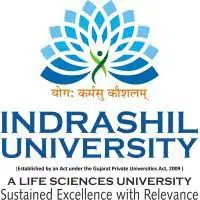


 back
back